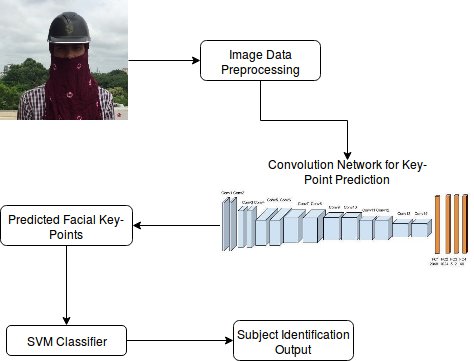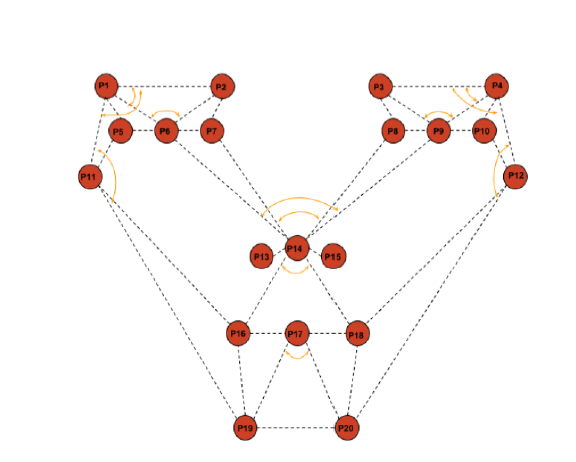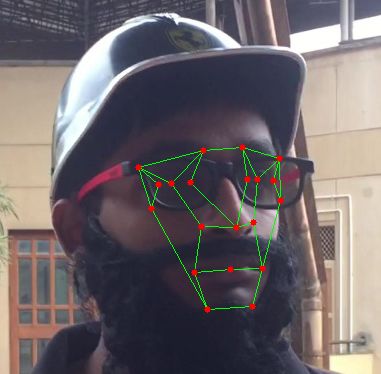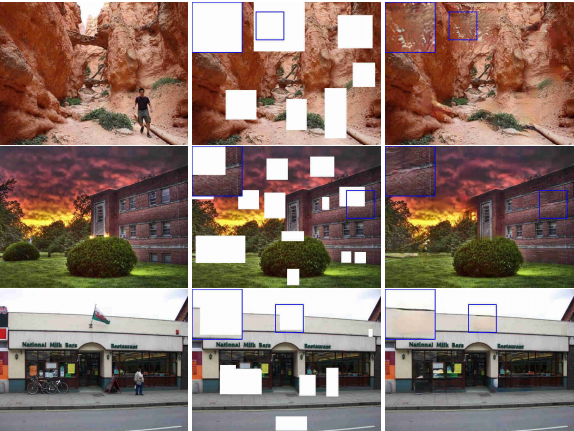|
I completed my Bachelor of Technology degree in Electronics & Communication Engineering from NIT Srinagar in 2019. |

|
|
|
 
|
Saumya Kumaar, Abhinandan Dogra, Abrar Majeedi, Hanan Shafi, Ravi M. Vishwanath, S N Omkar IEEE International Conference on Robotics and Computer Vision, 2018 arXiv |
 
|
Saumya Kumaar, Ravi M. Vishwanath, S N Omkar, Abrar Majeedi, Abhinandan Dogra IEEE International Conference on Signal and Image Processing, 2018 (Oral Presentation) IEEE |
|
|
 
|
Project Supervisor: Prof. AH Mir Currently working on a generative model approach for image enhancement as my FYP. |
 
|
Built a single-image depth-map estimation system as a part of Multimedia Systems course (ECE-605). NYU Depth dataset was used for training CNN. Results and code can be found here. |
 
|
Developed a state-of-the-art novel algorithm for disguised face recognition in the wild using deep CNNs. Our image annotation tool can be found here. The code for entire pipeline from classification to real-time implementation can be found in this link. |
 
|
A PyTorch implementation of the paper: Generative Image Inpainting with Contextual Attention. Code can be found at this link. |
 
|
A causal inference framework for policy change evaluation on time-series data. Implementation can be found at this link. |
|
Website Repository: Here |